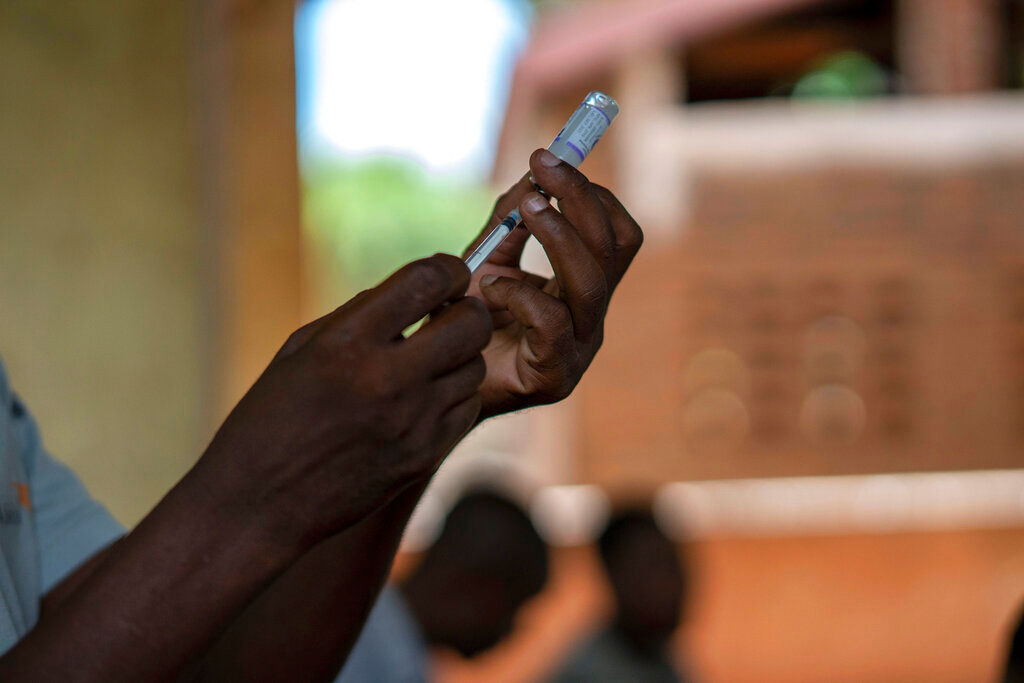The world’s first malaria vaccine has received approval from World Health Organization (WHO). The global health body on Wednesday recommended widespread use of RTS,S/AS01 (RTS,S) vaccine among children in sub-Saharan Africa and in other regions with moderate to high P. falciparum malaria transmission.
Who developed the RTS,S vaccine?
The malaria vaccine, known by the brand name Mosquirix, was created by GlaxoSmithKline (GSK) scientists in 1987.
Early clinical development was conducted in collaboration with the Walter Reed Army Institute for Research. In January 2001, GSK and US-based nonprofit global health organisation PATH’s Malaria Vaccine Initiative (PATH/MVI), with grant monies from the Bill & Melinda Gates Foundation to PATH, entered into a public-private partnership to develop RTS,S.
Lusitana in Lilongwe, Malawi, was the first child in the world to receive the RTS,S malaria vaccine.
Also Read: How a 2,000 year old airborne disease theory blindsided COVID experts
How effective is RTS,S?
The vaccine is only about 30% effective,but the WHO says it is the first and only vaccine that can significantly reduce malaria in children. Malaria claims the life of one child every 2 minutes, according to WHO, with more than 260 000 African children under the age of five dying from the mosquito-borne disease annually.
The vaccine is administered in four doses in children from 5 months of age.
How does RTS,S work?
RTS,S aims to trigger the immune system to defend against the first stages when the Plasmodium falciparum malaria parasite enters the human host’s bloodstream through a mosquito bite and infects liver cells. “The vaccine is designed to prevent the parasite from infecting the liver, where it can mature, multiply, re-enter the bloodstream, and infect red blood cells, which can lead to disease symptoms.”
Why does WHO recommend RTS,S?
The WHO recommendation is based on results from a pilot programme that has covered more than 800,000 children since 2019 in Ghana, Kenya and Malawi. The WHO says the RTS,S vaccine is feasible to deliver and increases equity in access to malaria prevention. Data from the pilot programme showed that more than two-thirds of children in the 3 countries who are not sleeping under a bednet are benefitting from the RTS,S vaccine.
The WHO also claims a strong safety profile for RTS,S with more than 2.3 million doses of the vaccine having been administered in the three countries.
2 Pfizer doses prevent hospitalisation from all coronavirus variants: Study
“In areas where the vaccine has been introduced, there has been no decrease in the use of insecticide-treated nets, uptake of other childhood vaccinations or health seeking behavior for febrile illness,” the WHO says.
The WHO terms the vaccine’s 30% effectiveness as significant reduction in deadly severe malaria, even when introduced in areas where insecticide-treated nets are widely used and there is good access to diagnosis and treatment.







